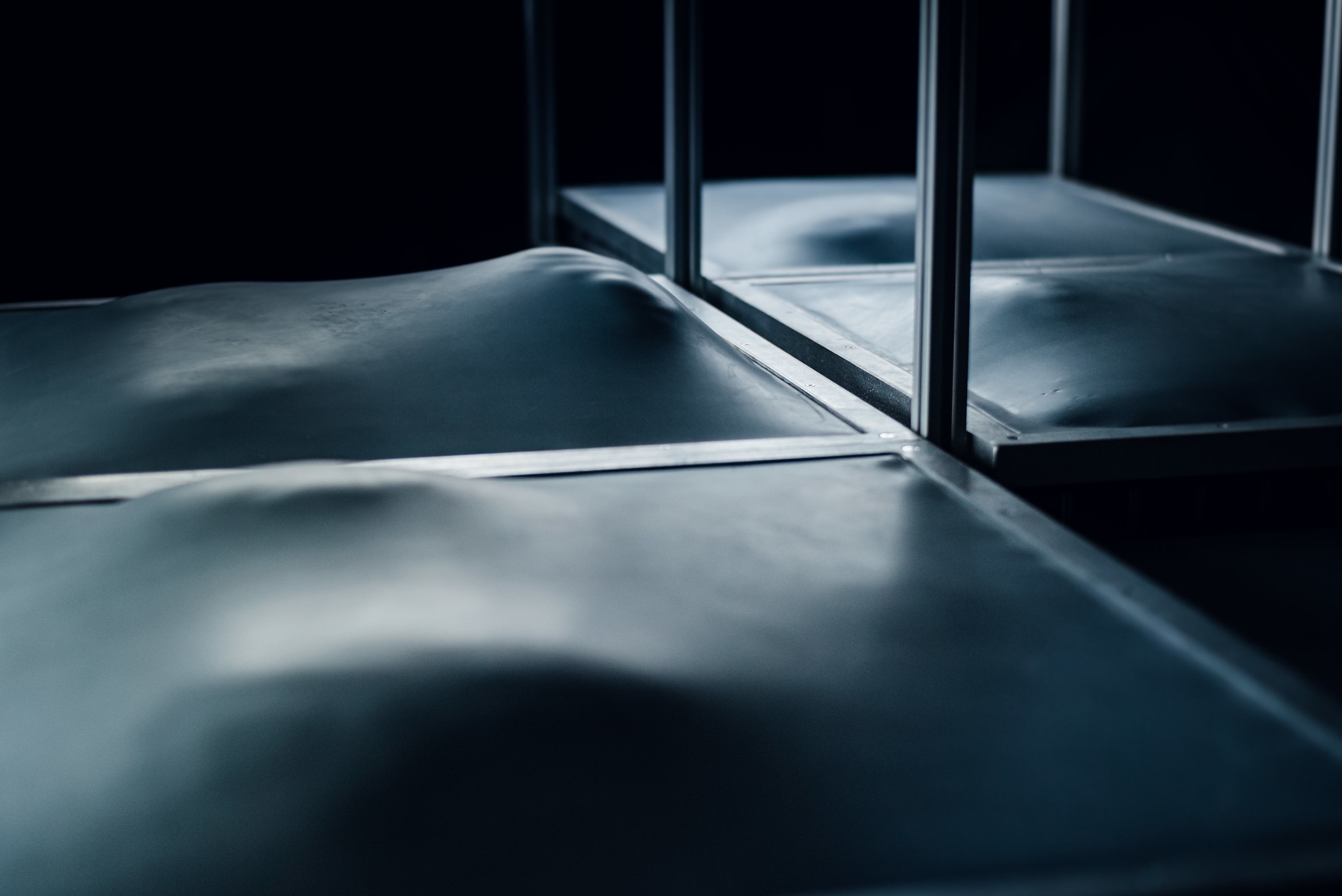

Studiotopia: Enter the Symbiocene with Arts and Science
In the face of complex issues and ramifying ecological implications of the Symbioscene, the second iteration of Studiotopia activates collaborative frameworks and engages interdisciplinary expertise. A two-directional residency model, in which scientists from diverse disciplines work alongside and learn from established leading artists, while emerging artists collaborate with leading scientists and research institutions, contributes to a better understanding of how artist-led transdisciplinary collaborations can contribute to tackling the questions of our time on a scientific and philosophical level.
Studiotopia is our boldest attempt at a transdisciplinary framework driven by the hope that we can create an experimental space of exchange, collaboration and shared learning that can set off speculative solutions for sustainable development. Through the Studiotopia initiative, artists and scientists from diverse backgrounds collaborate on projects that illuminate the complexities of the Symbiocene. From exploring biodiversity hotspots to investigating sustainable technologies, each endeavor offers a unique perspective on our relationship with the natural world.
Ars Electronica is hosting one residency in the context of the project, in which an emerging scientist collaborates with established artists to jointly develop their methodological approaches.
Studiotopia – Enter the Symbiocene with Arts and Science continues the work we started in Studiotopia – Art meets Science in the Anthropocene.
#studiotopia
- Earth Is a Sensorium (Conference, Ars Electronica Festival 2025)
- Ars Electronica Theme Symposium: Going green! Stories of reinvention, disruption, and systemic change to reclaim our future (Ars Electronica Festival 2024)
Duration: 1 January 2024 – 31 December 2026
Partners (Consortium): MEET | Digital Culture Center (coordinator), Ars Electronica, Bozar Centre for Fine Arts, Gluon, Hexagone Scène Nationale, LABoral Art and Industrial Creation Centre, Łaźnia Centre for Contemporary Art, Cluj Cultural Centre, Kersnikova Institute / Kapelica Gallery, The Digital Hub/Beta Festival, Cyens Centre of Excellence

Studiotopia is co-funded by the Creative Europe Programme of the European Union under grant agreement 101130939. Views and opinions expressed on this page are those of the author(s) only and do not necessarily reflect those of the European Union or the European Education and Culture Executive Agency (EACEA). Neither the European Union nor the European Education and Culture Executive Agency (EACEA) can be held responsible for them.